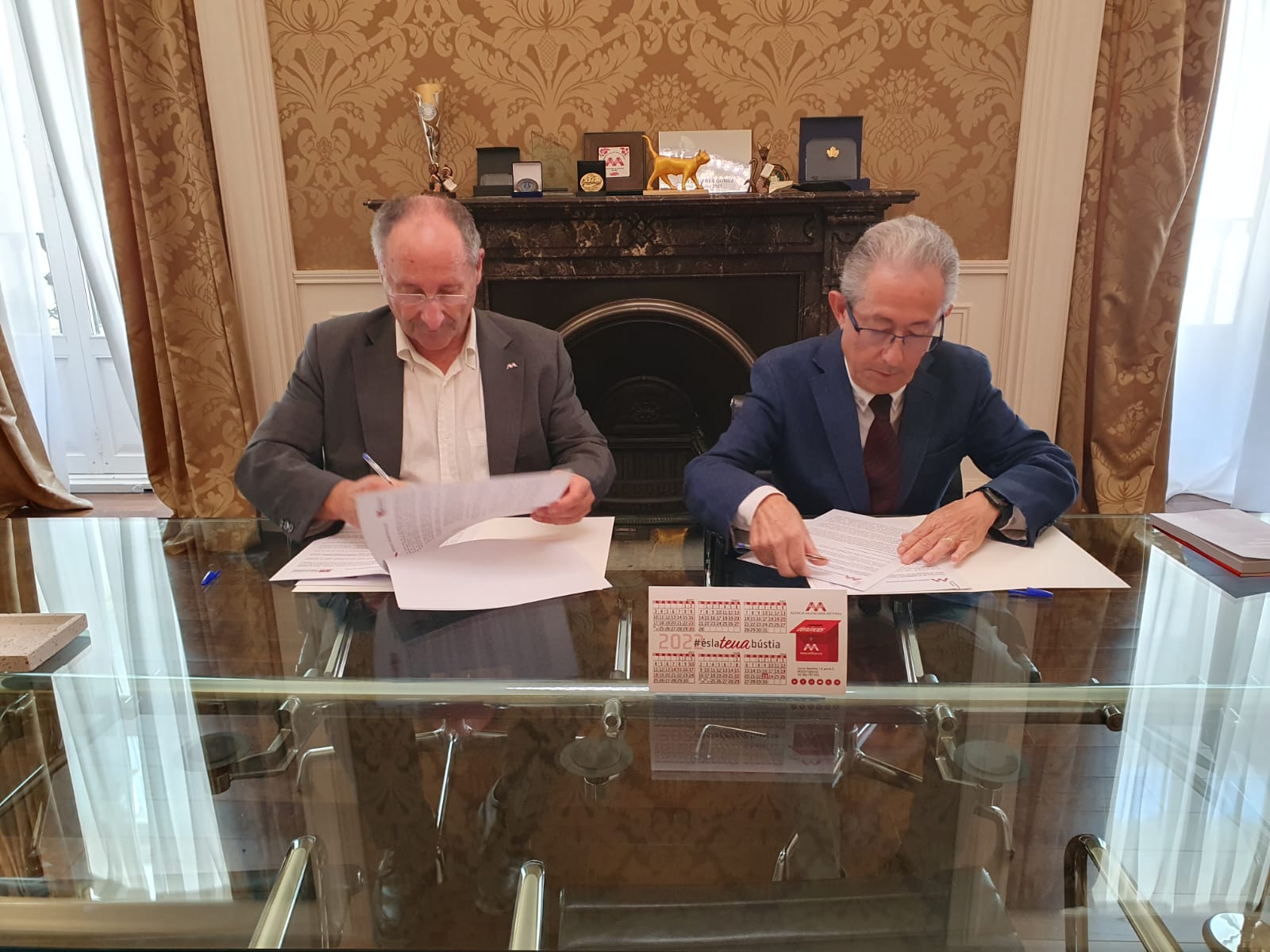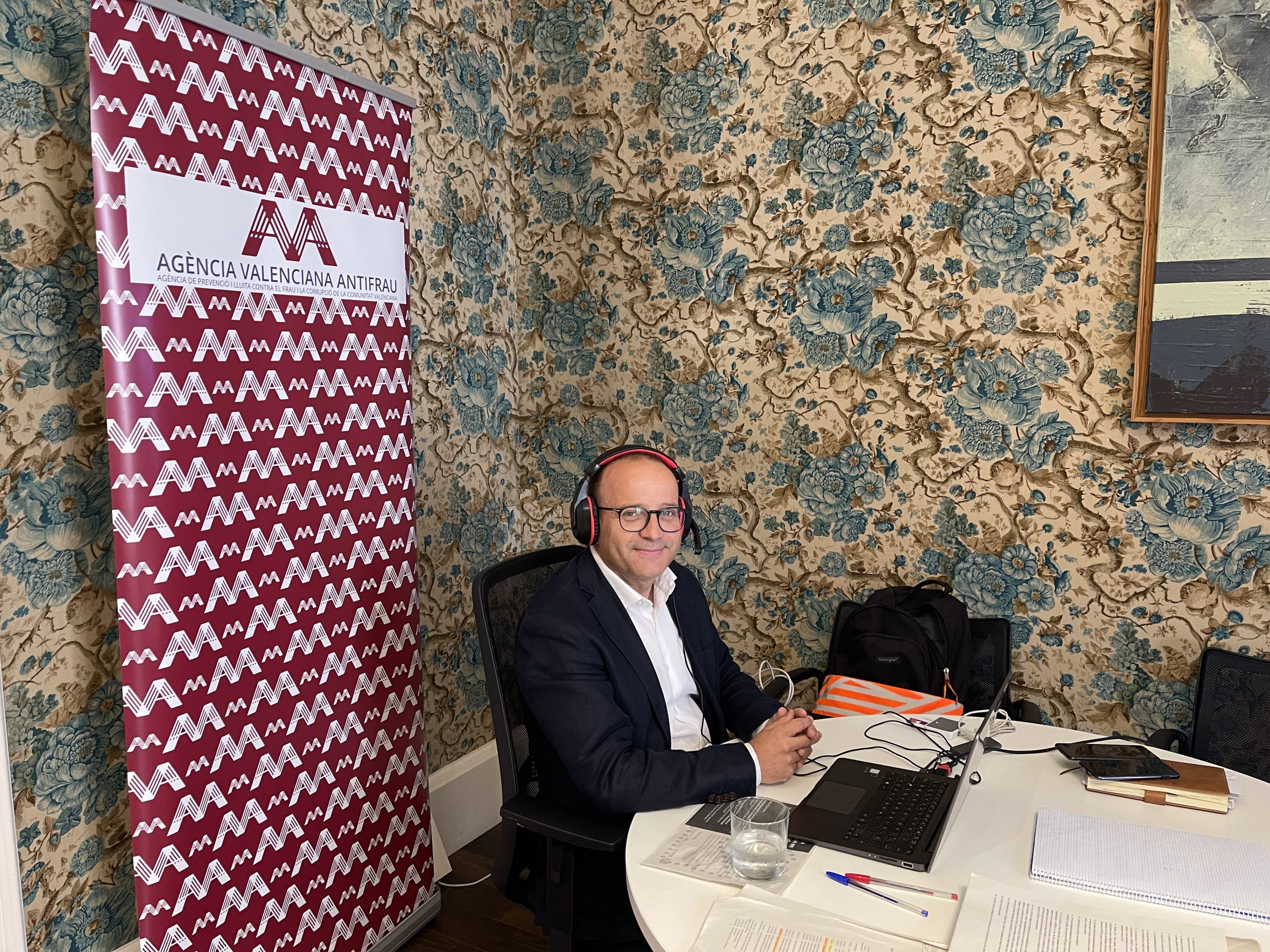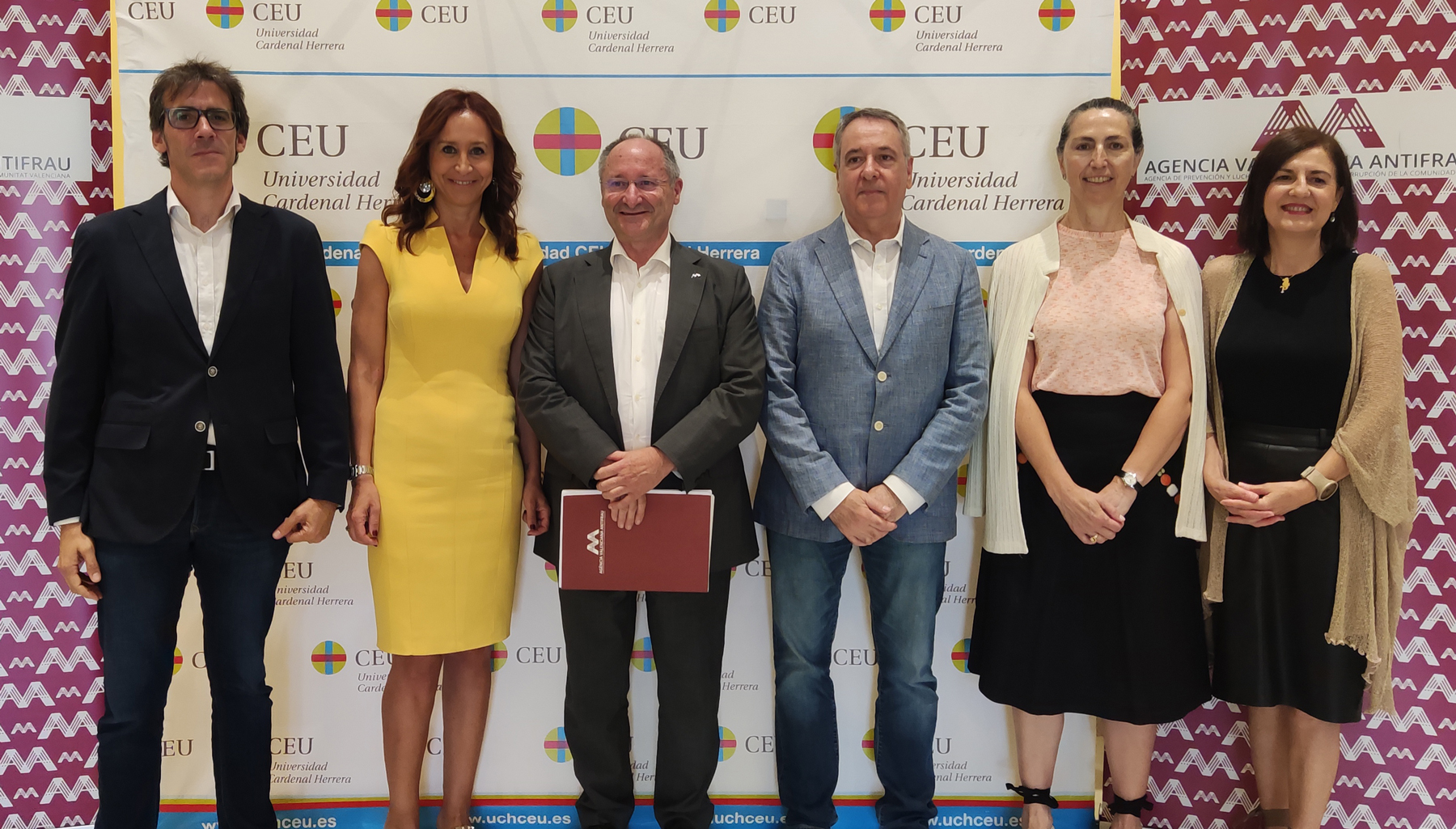Valencia, June 28, 2023.- The Síndic de Greuges of the Valencian Community, Ángel Luna, and the director of the Valencian Anti-Fraud Agency, Joan Llinares, have signed a collaboration protocol between both institutions with the aim of complying with the requirements of the new Law 2/2023 on the protection of people reporting corruption, better known as the Whistleblowing law.
Among the actions that will be implemented within the framework of this collaboration is the one that Síndic de Greuges will provide as an external communication channel the Agency’s complaints mailbox that will appear in a visible place on its website.
The Agency shall assist and advise on the implementation of the technology necessary to connect to the Agency’s reporting box; in the establishment of the internal information channel, in measures of support and protection for whistleblowers of corruption and in the realization of training actions.
The director of the Agency, Joan Llinares, has declared that “the signing of this agreement between the Síndic de Greuges and the Agency is an example of the collaboration between institutions to work together not only in the prevention and fight against fraud and corruption but also in the creation of ethics and public integrity”.




